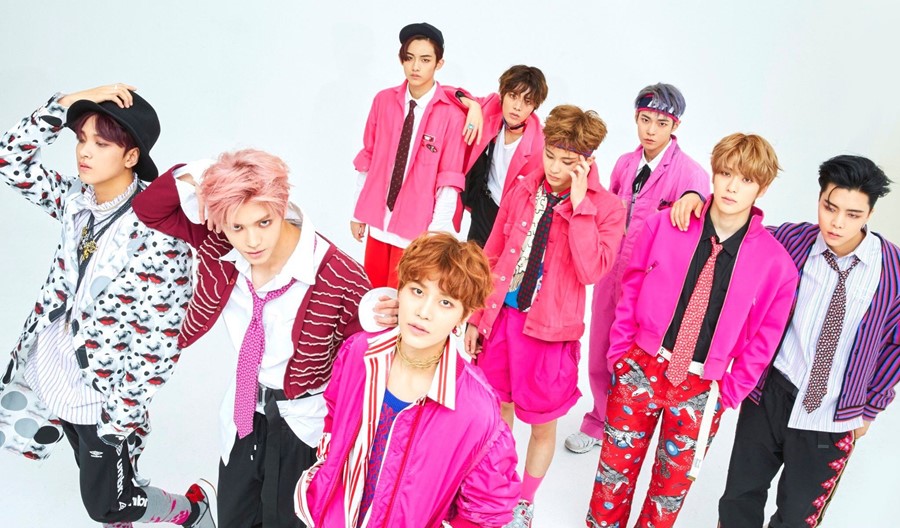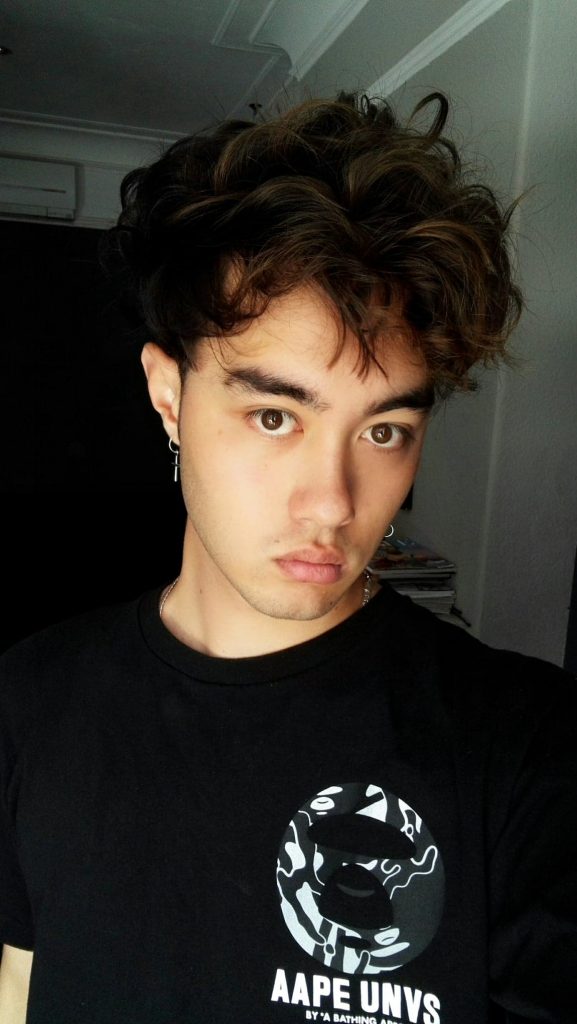On the July 21st, Park Jinyoung, better known as JYP, attended SparkLabs Demoday to discuss a new chapter of his namesake company: JYP Entertainment. For over 20 years, JYP Entertainment has released a range of incredibly successful groups such as 2PM, Wonder Girls, GOT7, and the current nation’s girl group – TWICE. For JYP though, this is just the beginning for his company.
Making a rare public appearance at the startup event in Seoul, JYP discussed the future plans of his company that he categorised under 4 key visions: Company in Company, Globalisation through Localisation, JYP Music Factory and Creativity from Happiness. There’s a lot to take in from these 4 visions and if I had the space to do so I could write extensively on each of these points and the interesting potential future they foretell. However, the point that grabbed my attention the most was his second vision: Globalisation through Localisation.
JYP explained Globalisation through Localisation as an initiative to grow Kpop from within other countries, rather than exporting Korean groups into those countries. Currently, it’s not uncommon for groups to have a foreign member, and it’s no different for JYP’s groups who feature a fair few foreign members: GOT7 contains 3 foreign members, TWICE features 4 foreign members, and Stray Kids, the new boy group from JYP, have 2 members from Australia. JYP doesn’t seem happy with just taking members from other countries however, he wants to build groups up from within those countries. His examples during the talk were a boy group he put together while travelling through China, and a girl group from Japan who will be debuting within the next two years, where each group would be based in their respective countries.
The current system for groups tends to be training, debuting, promoting in Korea with Korean songs, and on Korean television first, before spreading out and promoting in foreign countries. Based on the success of their foreign promotions, groups may release a translated album or even a standalone album with original songs in the other language. TWICE recently completed their Japanese tour which featured original songs from their Japanese album as well as their Korean hits translated into the local language.
This has become increasingly common for groups as the Japanese market becomes more and more invested into Korean music with groups such as SEVENTEEN, EXID, Red Velvet and NCT127 all preparing for or just finishing tours in Japan. TWICE found extensive success in their neighbouring country due to their group including 3 Japanese members. Japanese audiences found it easy to relate to those members and the group had a strong presence in television and stage promotions due to having 3 separate fluent Japanese speakers. It’s not hard to see why JYP would become interested in creating a group from within Japan, if TWICE could garner popularity from the presence of just 3 Japanese members, then surely an entirely Japanese group could only spell success.

JYP’s talk got me thinking about another company’s similar vision, SM Entertainment’s experiment group: NCT. Although the overall concept of NCT is different, it does share ideas with JYP’s Globalization through Localization. On the 28th of June at the Korean-China management awards, Lee Soo-Man – the head of SM Entertainment – announced that the next module of NCT, called NCT China, would debut soon. NCT China would be made up of only Chinese members and perform, for the majority, within China.
The idea behind NCT is to create a network of groups that exist under the same name, similar to how sub-units work in current groups. Except rather than having a rap unit, or a dance unit, NCT can create entirely separate groups based in different countries or even just different concepts. The vision behind NCT is much grander than JYP’s and holds possibilities for a multitude of potential groups but they both share a similarity – expanding their industries from within countries outside of Korea.
While this is all fairly exciting, my key interest in this idea is seeing how far each company is willing to go. Will JYP and SM stop at Japan and China? Will they keep their vision restrained to within Southeast Asia? Or will either be brave enough to expand into western countries? There’s still a lot of potential for K-pop in western countries, and in my own experience, a lot of the common reasons people find it difficult to get into K-pop could be solved by creating groups from within those countries.
A fair few K-pop songs are already written from within America and Europe, so the leap in terms of music style is already minimal. Imagine a group where every single member spoke fluent English; no more awkward silences on American interview programs, no more weeklong waits for subs on their most recent V Live, and probably the most important; no more cringe-inducing English lyrics in their songs. There’s no lack of interest, and the large agencies already hold auditions in America, Australia, and Europe so there’s definitely no lack of talent. There must be some potential for groups in these countries.
Expanding into the western market in this way is a very bold vision and one that neither company has yet hinted at, but I think there’s potential for it. It’ll require the right timing, the right talent, and the right personalities.
With the growing saturation of groups within Korea, there’s already limited space for new ones. Building up groups into neighbouring countries is all well and good, but the Chinese market is starting to create their own agencies and programs, and Japan won’t take long to follow suit. It’ll be up to the larger agencies to make the first move into the west since they have the resources and influence to do so.
I wonder whether I can look forward to a future where JYP has a successful group based within America or Europe, or whether that is fairytale dream.
 Bilbo Derbyshire was born in Taiwan before moving to Mongolia at four years old, living there for 8 years. He then moved to England and has lived there ever since. He studied Interactive Media at the University of York, which is also where he found his love for k-pop. It began with GOT7 and Girl’s Day, but has now grown to include a whole variety of groups. Currently his favourite groups are GOT7, and TWICE. Bilbo is an aspiring teacher, due to begin training to teach secondary level Computer Science this year. His biggest fear is that one of his students will realise he’s a massive K-pop fan. You can follow him on Twitter at @mekajil.
Bilbo Derbyshire was born in Taiwan before moving to Mongolia at four years old, living there for 8 years. He then moved to England and has lived there ever since. He studied Interactive Media at the University of York, which is also where he found his love for k-pop. It began with GOT7 and Girl’s Day, but has now grown to include a whole variety of groups. Currently his favourite groups are GOT7, and TWICE. Bilbo is an aspiring teacher, due to begin training to teach secondary level Computer Science this year. His biggest fear is that one of his students will realise he’s a massive K-pop fan. You can follow him on Twitter at @mekajil.
Want to write a guest article for UnitedKpop?
Whether you’re a company or an enthusiastic fan, we’d love to hear from you!


![[Guest Article] K-pop: Globalisation through Localisation](https://unitedkpop.com/wp-content/uploads/2018/08/2018_GUEST_GLOBAL-1078x488.jpg)
![[Iconic Idols] Harisu](https://unitedkpop.com/wp-content/uploads/2023/06/allkpop_1615172843_20210307-harisu-214x140.jpg)
![[Idol Spotlight] NoSo – Korean’s suburbian star](https://unitedkpop.com/wp-content/uploads/2023/05/000047330030-2-1000-0x195x1078x718_q85-214x140.jpg)
![[OP-ED] Who pathed the way? A deeper look into the history of K-pop Part. 1](https://unitedkpop.com/wp-content/uploads/2023/04/healthy-food-1-214x140.png)